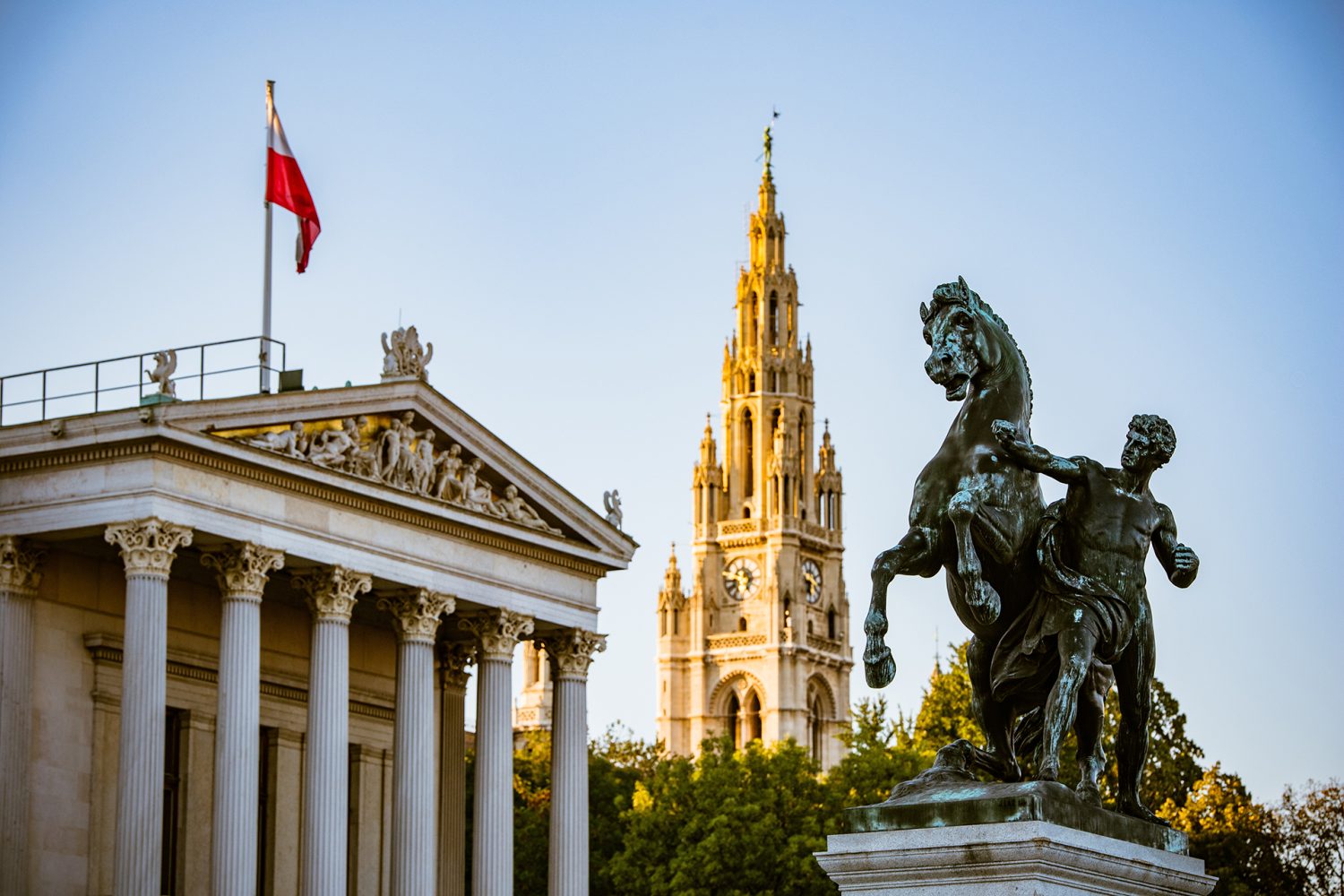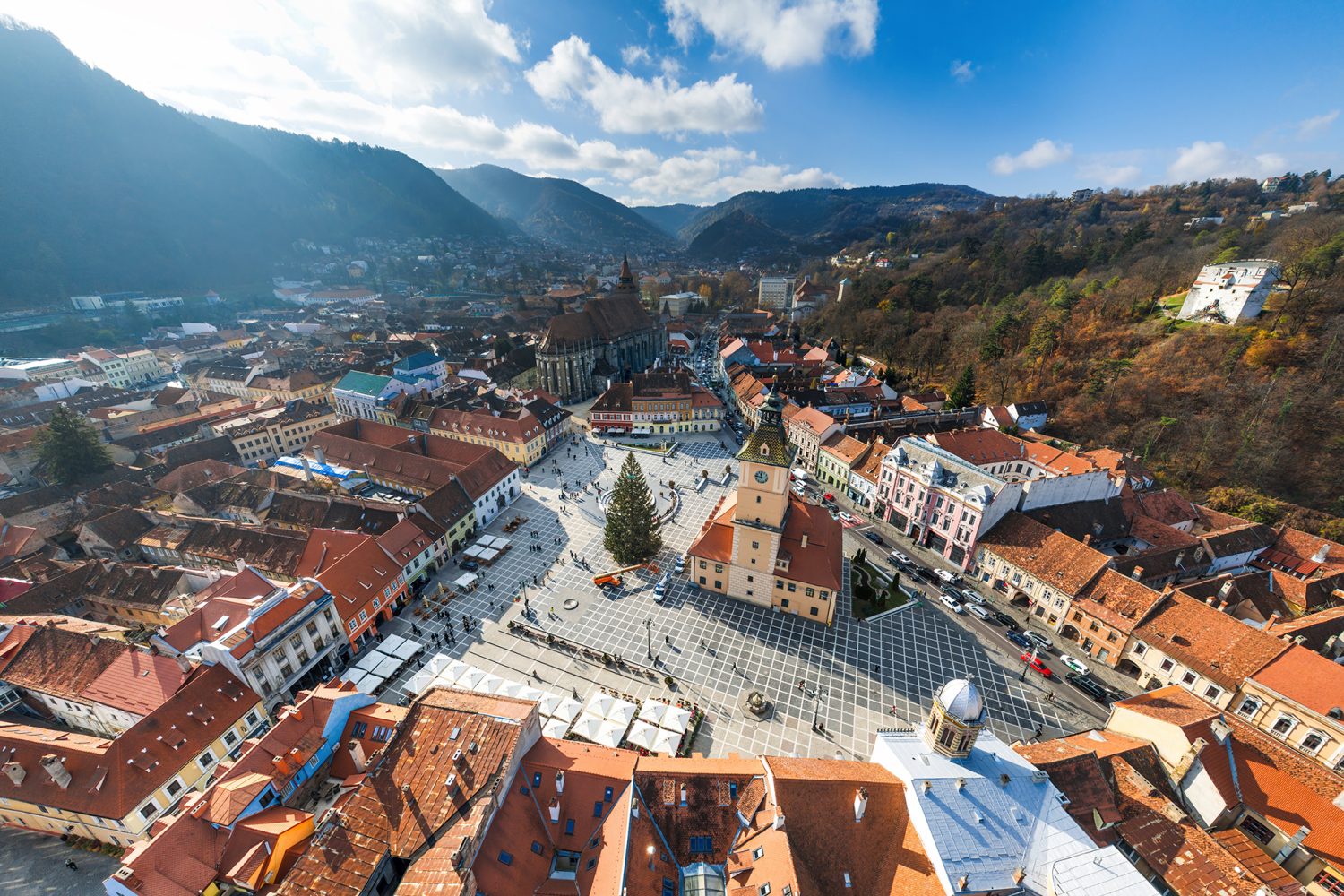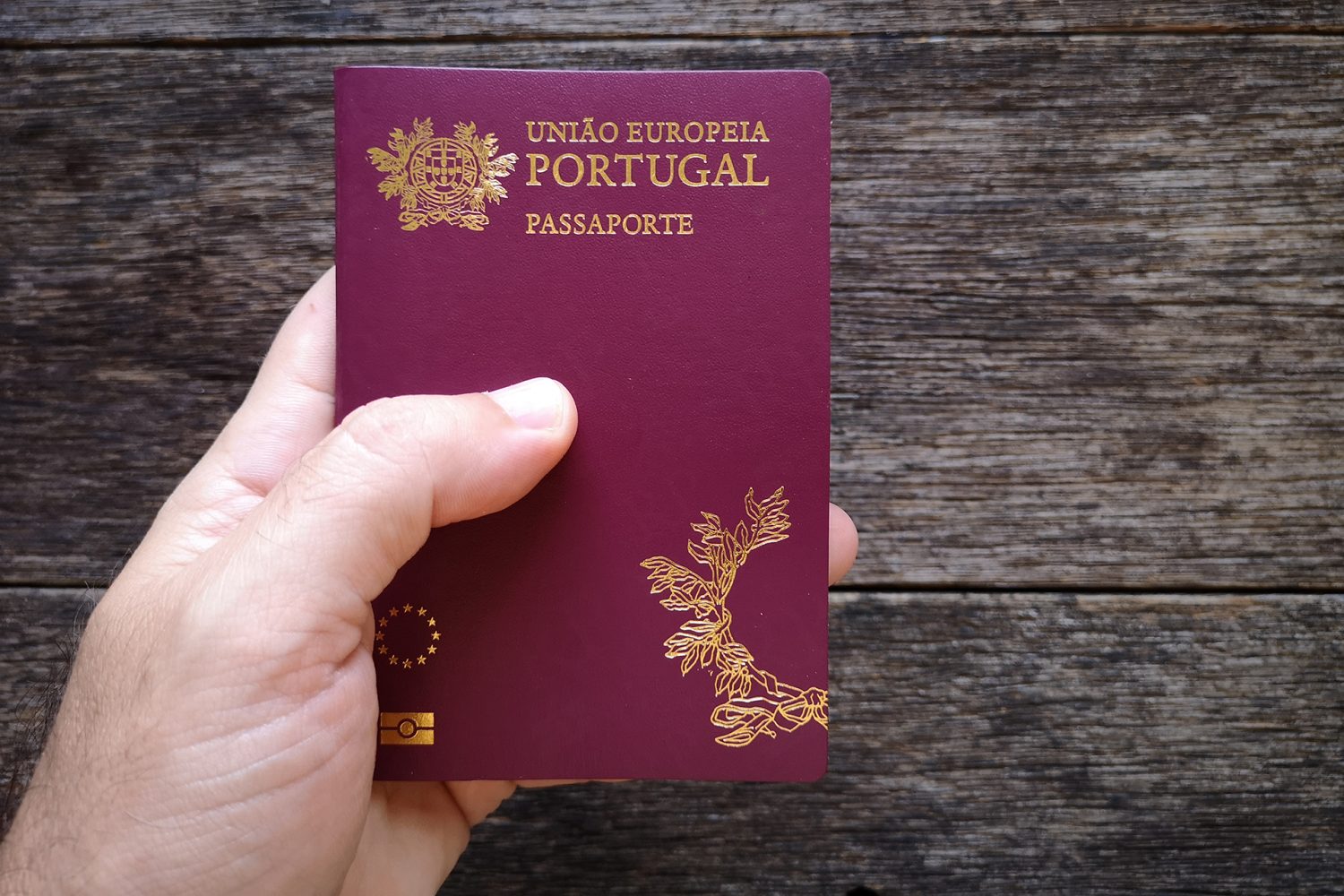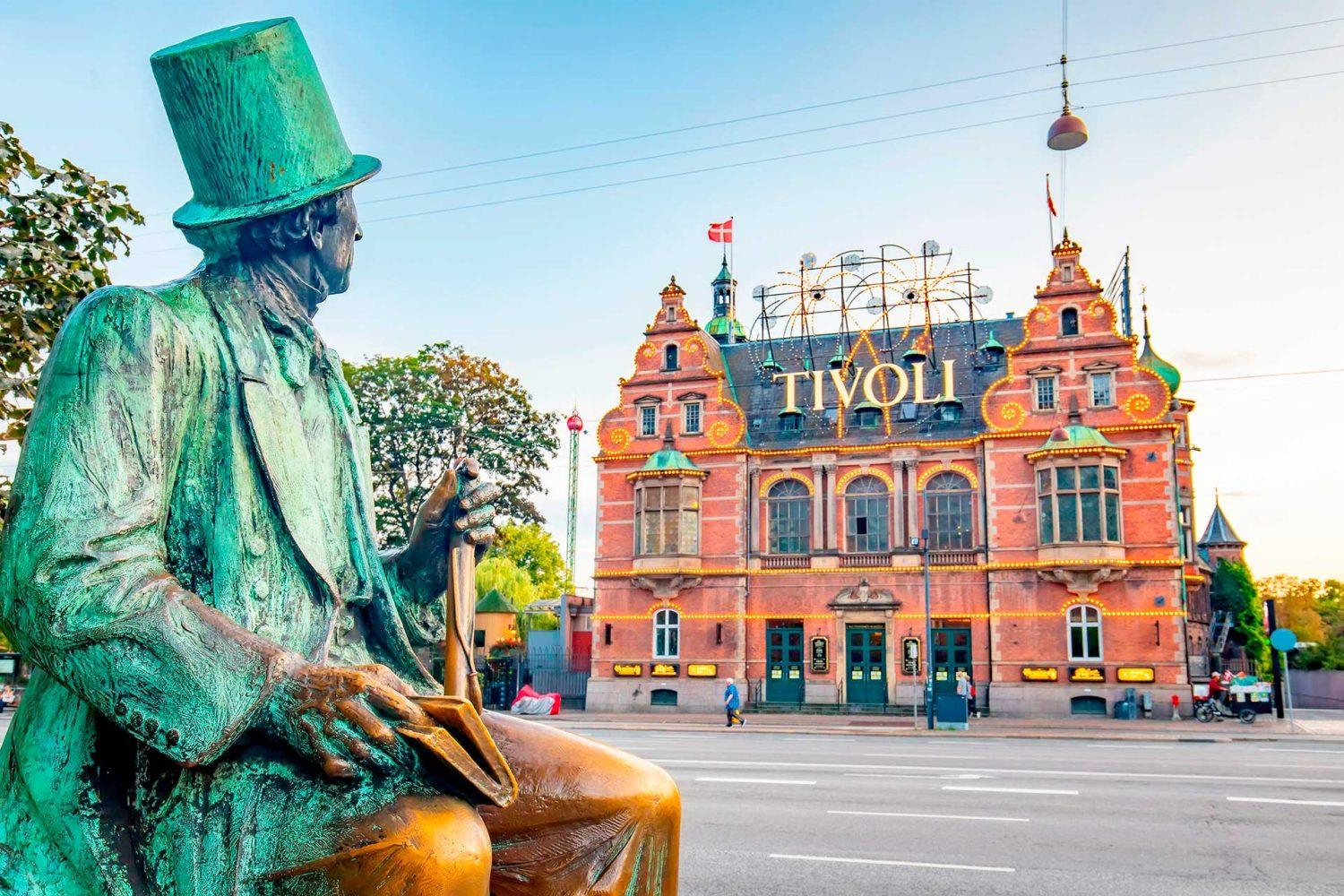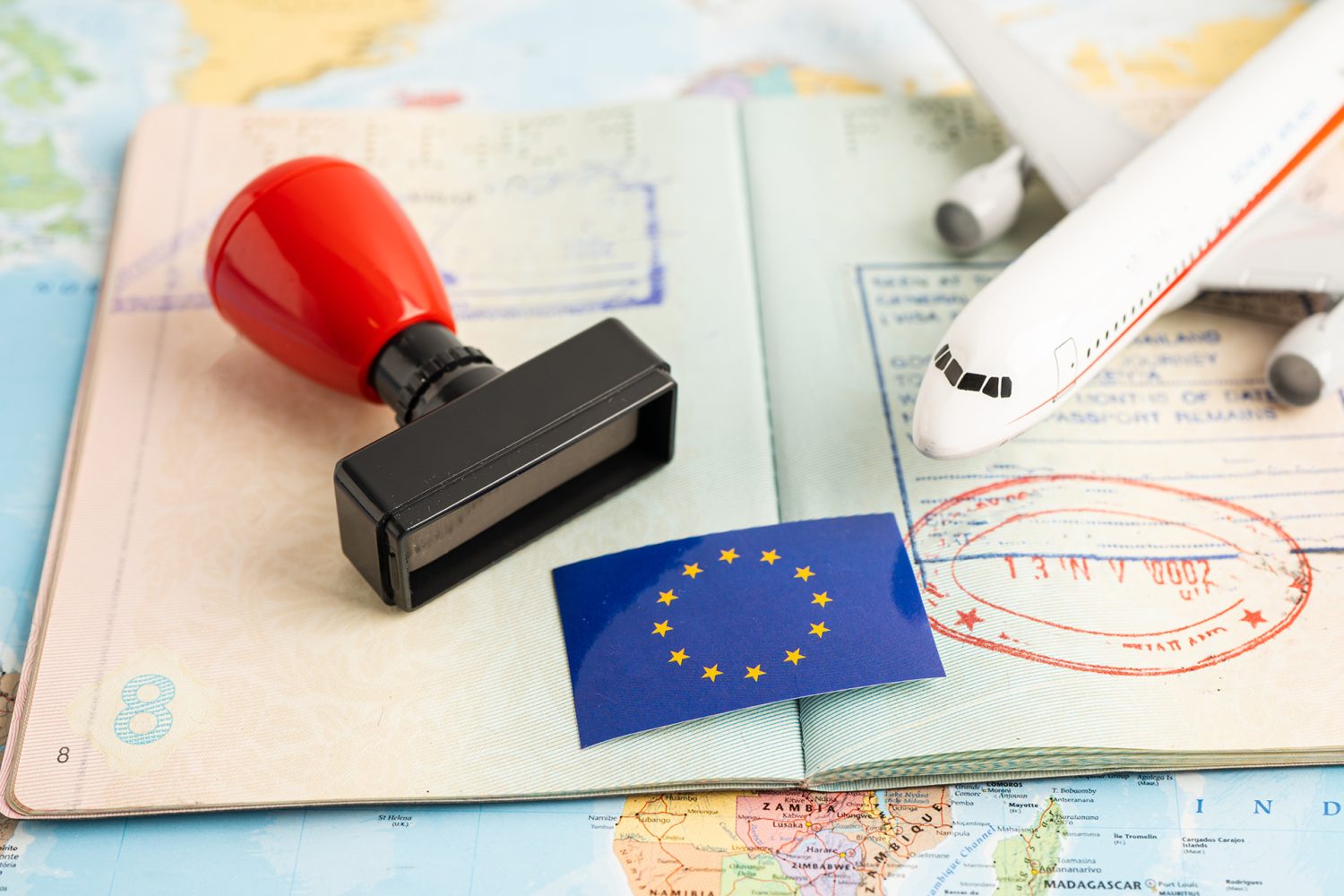
Diana Weber
Lawyer of international law
Rating:
16
December
Obtaining Polish Residence Permit for Foreigners
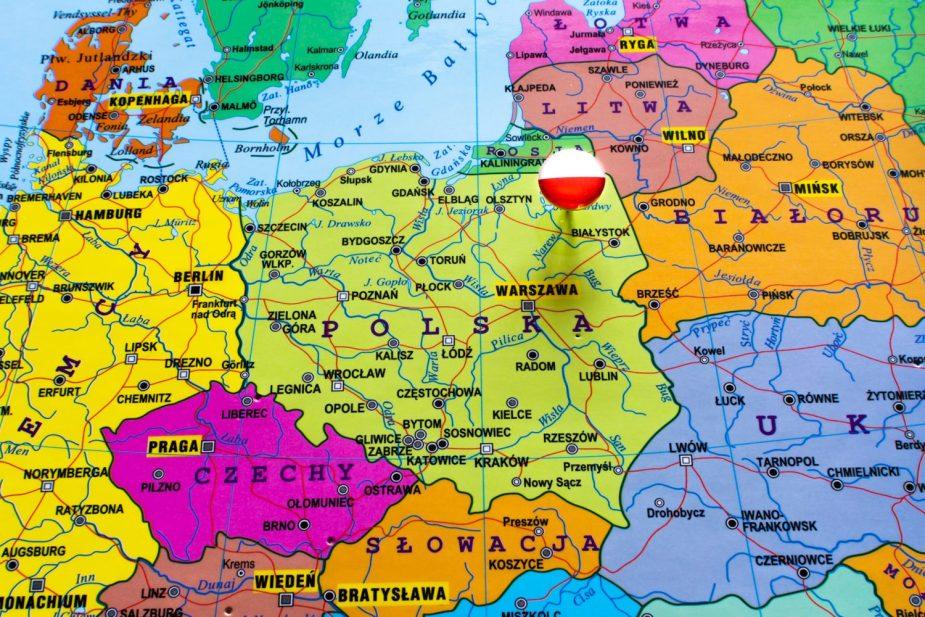
A residence permit in Poland is a document that is issued to those who wish to reside in the country for more than 3 consecutive months. It can be obtained on one of the grounds specified in the law “O cudzoziemcach” of December 12, 2013. Examples of popular immigration grounds are official work, business, reunification with relatives. A simplified residence permit is granted to those who have Polish roots and can prove it with documentation.
A residence permit in the Republic of Poland is the first step on the way to further permanent residence in the country and naturalization. Some types of residence permits give the right to obtain a permanent residence permit, and after that a passport. The state is part of the European Union, so naturalized foreigners receive the status of an EU citizen along with a wide range of rights, freedoms and privileges, from prospective employment to social guarantees.
For temporary residence in Poland, you receive a “chasowego pobytu” card - a local residence permit. It is valid for up to 3 years (depending on the reason for moving) and can be extended if you still have a reason to stay in the country. Usually, a residence permit is issued to those who have a stable source of income, medical insurance, demonstrates law-abiding behavior and has not previously violated EU migration laws.
Certain categories of foreigners can also open a “stalego pobytu” card - a variant of the Polish residence permit. It is issued to those who are of Polish origin, live in the country for humanitarian reasons, or have a residence and work permit for at least four years. There is also an EU long-term resident card. It is granted to those who have lived in the state for at least 5 years and have been self-supporting for at least 36 months at the time of the request.
In 2026 as a holder of a residence permit in Poland, you have the right to:
A residence permit is a temporary document that can be revoked at any time. It is not a guarantee of subsequent citizenship in the Republic. It is quicker and easier to immigrate to Poland with a passport of another EU country (e.g., Romania, Slovenia or Bulgaria) issued under a simplified procedure. More information can be provided by specialized Immigrantinlaw lawyers during a free consultation.
Submit an application form and we'll get back to you!
To obtain a Polish residence permit, you will need:
You supplement the general dossier with a document that proves that you have the right to reside in Poland for a long period of time according to the law. Examples - proof of enrollment in a university or employment contract.
Step by step, obtaining a residence permit in Poland looks like this:
Below we will highlight more about the popular grounds for applying for Polish residency.
Get more information about the peculiarities of immigration to the EU at a free consultation
A simplified relocation to the republic is available to those whose ancestors are (or were) Poles, provided that the applicant himself lived in the Asian republics of the Soviet Union before 2001. Repatriates are immediately granted permanent residence permit and do not need to search for immigration grounds. Their origins must be documented, e.g., by the birth certificate of a suitable relative and other family members in the direct line. Upon arrival, you can apply for local citizenship in an accelerated procedure, provided that you have a source of income and a place to live.
You can immigrate to Poland if you can prove that at least one of your relatives (or two in the case of great-grandparents) is or was of local origin. The ancestor in question must not have voluntarily moved from the Republic to the Soviet Union as part of the repatriation agreements made after World War II. It is also important to demonstrate integration into society - to speak the national language, to know and honor the cultural traditions of Poland.
The Pole's Card (Karta Polaka) is also issued for a special contribution to the development of national culture. Holders of this document can obtain a national visa free of charge, move to the republic and immediately apply for permanent residence, and after a year - citizenship. You also receive additional privileges such as the right to family immigration, cash benefits and discounts on public transportation.
You can get a residence permit if you enroll in a Polish university (including doctoral programs) on a full-time basis and confirm the fact of enrollment with the appropriate document. It is necessary to pay for the educational course in advance, to have 140-170 EUR per month for self-support and a separate amount for return trip. Students do not have the right to naturalize in the country, for this purpose it is necessary to change the basis for residence in the country, for example, to get a job after receiving a diploma.
Spouses of Polish citizens have special preferences when moving to the Republic. You can obtain a residence permit if your marriage is recognized by local laws (officially concluded and between persons of different sexes). After 2 years of residence in the state, you can apply for a residence permit card, provided that your marital union is more than 36 months. A residence permit through marriage can also be issued to husbands and wives of local residents, but in this case the simplified conditions of naturalization do not apply.
It is possible to live in Poland without searching for a reason to move and apply for a residence permit with a passport of any of the European Union countries, according to Directive 2004/38/EC on equal rights of citizens of the European Union. In this case, you only need to visit the local voivodeship and inform them that you plan to stay in the country for more than 3 months. You are also eligible for family immigration.
Check your chances of obtaining a second citizenship in the EU under a simplified program, without integration testing, residence permit/permanent residence permit and within a period of 4 months or less. For this purpose, it is worth signing up for a free legal consultation with Immigrantinlaw lawyers.
You can move to Poland if you have a long-term work contract with a local organization. As of January 29, 2022, new rules apply: you will receive a single residence and work permit if your salary is equal or higher than the national minimum wage (1000 EUR per month). The field of employment, education and work experience do not matter.
The state grants the EU Blue Card to those who have high qualifications and specialized education, and who are officially employed for at least 12 months with a salary of 150% of the annual average salary in Poland (about 34 000 EUR). You can immediately immigrate with your family and get the right to mobility within the European Union.
You can live in Poland to run a business, provided you have the necessary resources to start and develop a company. Those who are already in the country as a businessman with a national visa must have earned at least 12 times the average monthly gross salary in the national economy of the respective voivodeship during the previous tax year, or have employed at least two local citizens full-time. You must prove with documents that your company is promising for the economy of the country.
Poland does not grant a residence permit on popular grounds among immigrants, including the purchase of real estate in the country. However, owning an apartment/house gives you a better chance of being approved for a residence permit for other reasons, in which it is almost always necessary to prove that you have a place to live in the country.
There are no special privileges for foreign pensioners to move to Poland. There is no right of residence here, for example, for financially independent persons, as in Portugal or Spain. However, many older people still choose the Eastern European republic for immigration because of its high standard of living, personal and public safety. It is possible to move, for example, through family reunification, if your relatives live here.
Submit an application form and we'll get back to you!
Starting in 2025, Poland introduced significant changes to the procedure for obtaining residence permits (karta pobytu) and work permits. The thresholds for the EU Blue Card were raised, employer checks tightened, and digital application requirements expanded.
In 2025, residence permits in Poland became more formalised: income requirements were raised (especially for the Blue Card), contract duration requirements shortened, employers face stricter compliance checks, and procedures are increasingly digitalised. Applicants should prepare their documents in advance and stay updated on the new MOS requirements.
Residency in Poland is not granted to those who submit a dossier with mistakes, provide false information about themselves or conceal knowingly important facts of their biography. You may be refused if you are recognized as persona non grata by law enforcement authorities. Residence is not possible for those who do not meet immigration conditions. The already issued residence permit can be revoked, for example, due to non-payment of taxes or if you no longer meet any of the requirements for its granting (lost a source of income or place of residence in the country).
Migration policy in Poland is quite complex, there are many nuances of obtaining residency and many cases of refusal of requests. In order to move to the Republic, it is worth to get support of specialized lawyers. Immigrantinlaw specialists will check your background and recommend the best ways of immigration. Step-by-step support of the lawyers allows you not to worry about the success of the procedure. Get a personalized action plan at a free legal consultation.
Immigration to Austria for Permanent Residency
15 January
Permanent residence permit in Austria - a resident status, which gives you the right to permanent residence in the state...
Obtaining Romanian Residence Permit for Foreigners
5 February
Temporary residence permit in Romania is an official status that is arranged by foreigners for moving to the country and legally...
Obtaining Italian Residence Permit for Foreigners
11 November
You can get a residence permit in Italy if you have a legitimate reason for a long stay in the...
How to Get Citizenship of Portugal
10 January
Portuguese citizenship is a prestigious status of a European Union citizen, which opens access to a wide range of opportunities...
Obtaining Denmark residence permit for foreigners
14 February
Residence permit in Denmark is a permit for temporary residence in the country, which is issued to migrants if there...
Immigration to the EU for Permanent Residence
12 December
Immigration to Europe, especially to EU countries, is a popular destination among foreigners who plan to live in a developed...
Discover
new opportunities
with a European Union passport!
Submit the application form and we will call you back!
Leave a request
Contacts


